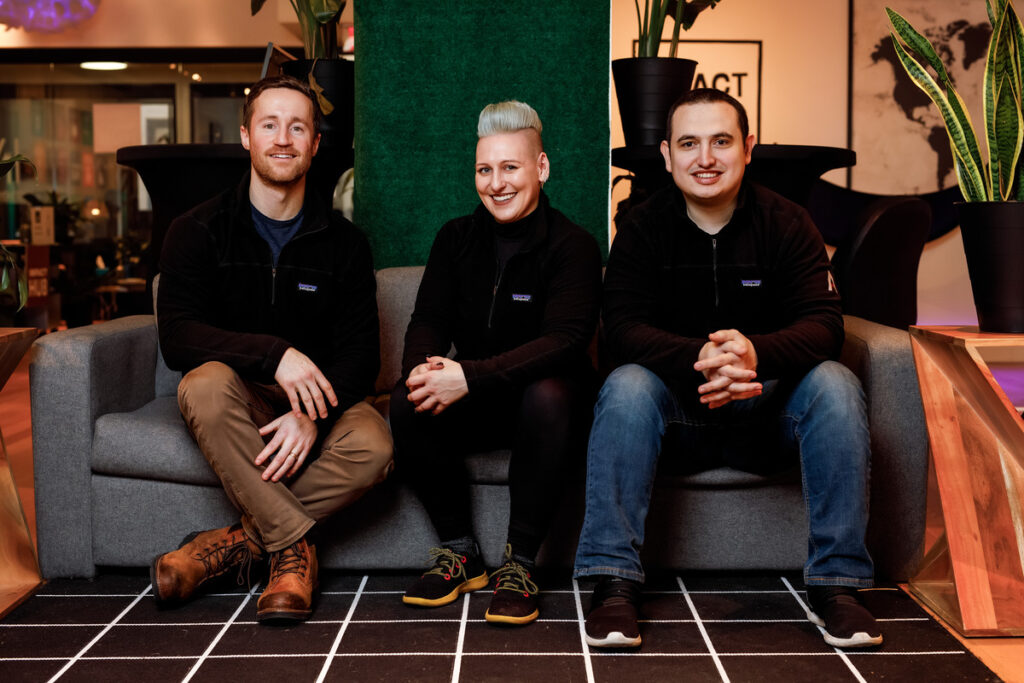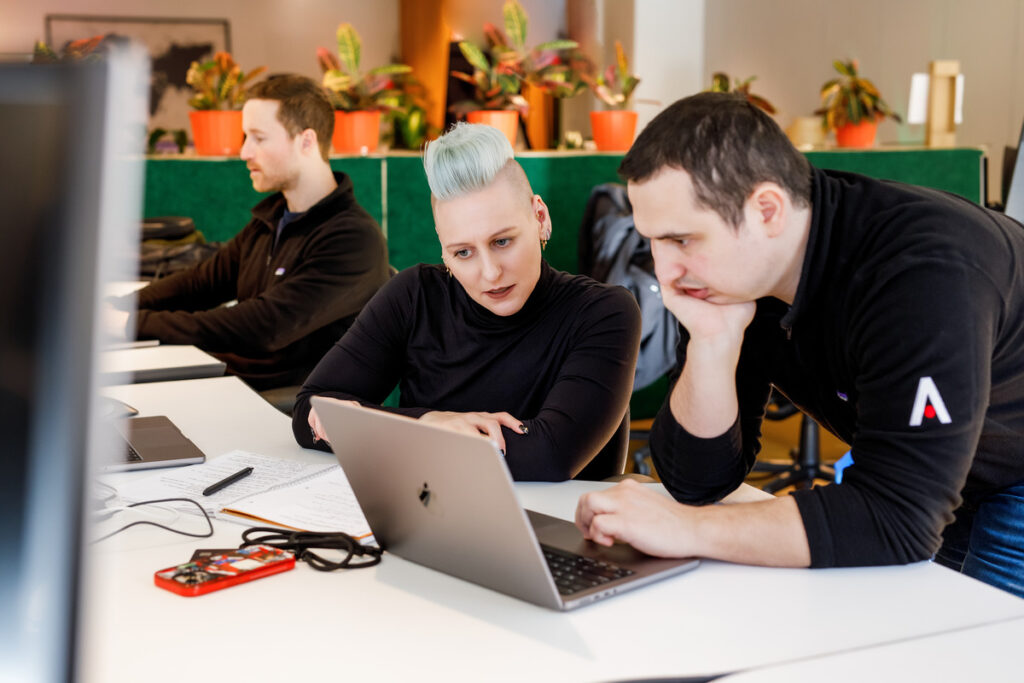
New York-based fintech startup Adro has closed $1.5 million in pre-seed funding as it looks to provide improved access to financial services for newcomers in the U.S. The pre-seed round was led by investors such as Era (founded by Jasper Lau), Ex Nihilo Ventures, and the Cornell Tech Syndicate. The funding will be used to scale its engineering team and accelerate the development of the platform.
New immigrants in the US face significant challenges in opening new accounts and accessing banking services. This is especially true for international students and workers moving to the U.S. who should have access to the same financial services as locals do. Adro is making spending and saving easier so that new immigrants can focus on their lives. The team is led by Amarildo Gjondrekaj (formerly of Mastercard, Harness), Sara Schmitt (Amazon, Epic), and Kevin DeArmond (Uber, Titan). Adro offers newcomers an easy on-ramp to move money, spend, and save right when they land.
Tell us about what Adro does in no more than 3 sentences.
Based in New York City, Adro makes it easy for internationals moving to the U.S. to access financial services. Get access to checking and savings accounts, a credit card and global money transfers, plus a marketplace of immediately useful services and products like SIM cards, insurance, and other discounts.
What was the inspiration behind Adro?
I spent my career in payments, with 7 years at Mastercard. That was my day job, my night job was teaching. I have been teaching for about 4 years, at schools like Cornell University, CUNY Baruch, and Yeshiva University.
The problem that internationals faced with getting access to banking products kept coming up in my classes. University students were being heavily vetted by the school before being given an acceptance offer. The US government vets them before issuing a visa. However, banks and other financial institutions don’t have access to the individual’s background, so internationals were largely invisible to them. This isn’t a legal issue, it’s an information problem.
I saw a lot of the challenges international students faced with accessing financial services compared to domestic students. From opening their first account, to building credit while waiting for the arrival of their Social Security number, internationals were cobbling together solutions from multiple vendors. Along with my co-founders Sara Schmitt and Kevin DeArmond, we’re focused on bringing more equitable access to international students and workers.

What was the funding process like?
Raising capital is a lot like dating. You’re putting yourself out there and meeting with a lot of VCs. You need to be prepared to hear a lot of maybe’s and no’s, and it can take awhile to really refine your pitch and start getting to yes. Remember, you only need a few people to say ‘yes.’
For this funding round, we were specifically looking for partners who could align with our mission to help internationals become financially visible. We wanted to bring on the people who really understood the fintech industry and what we are trying to solve.
What advice can you give to other founders who are raising capital?
Raising capital can be extremely difficult, especially in the current economic climate. The biggest piece of advice I can share is the importance of protecting your time as a startup founder, and getting a quick ‘No’ from the investors who aren’t interested in joining. Although being rejected is never fun, the quicker you can get to ‘No’ means you’re able to focus more of your time on the conversations that really matter.
Where can we learn more about your company?
We’re officially launching in 2024, but our waitlist is live now! For early access, we recommend you sign up to our wait list or follow us on LinkedIn. Thanks so much for your support.
Did you raise recently? We would love to cover your story! Get in touch.



